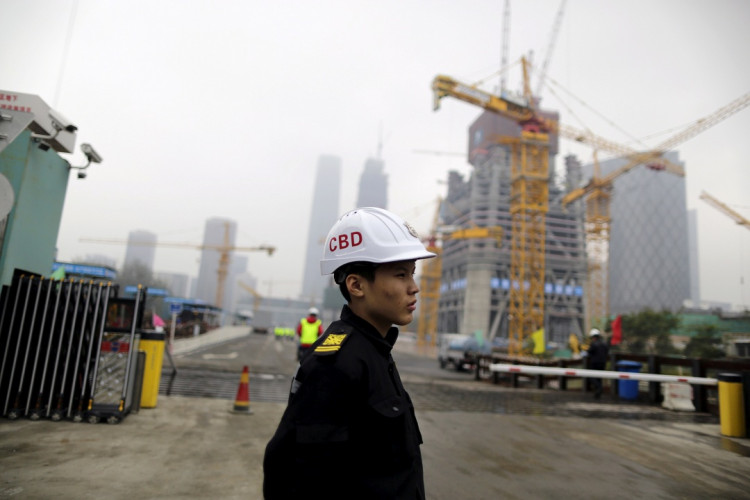Amid growing calls for economic stimulation, S&P Global has revised down its prediction for China's 2023 GDP growth to 5.2%, a reduction from the previous estimate of 5.5%. This adjustment aligns with similar downgrades made by substantial investment banks like Goldman Sachs, marking the first time a worldwide credit rating agency has lowered China's projection this year.
The revised forecast spotlights the fluctuating nature of China's recuperation from the pandemic. The S&P report, issued on Sunday, stated, "China's key downside growth risk is that its recovery loses more steam amid weak confidence among consumers and in the housing market."
The Chinese economy, the world's second-largest, has been experiencing a downturn in recent months. The economy had initially seen a revival following the relaxation of a three-year zero-COVID policy. However, since then, property investment has continued to falter, industrial output and retail sales growth have not met expectations, and youth unemployment has hit a record high of 20.8%.
Speculated moves to boost the economy, as highlighted by S&P, could encompass "easing housing purchasing restrictions and mortgage down-payment requirements, expanding credit and infrastructure financing and, perhaps, fiscal support for consumption."
Ning Jizhe, a high-ranking economic official and former head of China's statistics bureau, has advocated for prompt action with impactful measures. Speaking at a Beijing forum on Sunday, Ning emphasized, "It is better to introduce measures sooner than later."
China has already begun implementing measures to support the economy. A fortnight ago, the People's Bank of China (PBOC) cut short- and medium-term policy rates, with further reductions in key lending benchmarks seen last week.
According to sources engaged in policy talks, additional stimulus plans are expected to be deployed within the year. Sheana Yue, a China economist at Capital Economics, stated, "We think officials will roll out sufficient policy support to keep the recovery alive but not enough to prevent subdued quarter-on-quarter growth over the rest of the year."
The prediction of further monetary policy easing was also cited by three leading state-run securities newspapers last week. Additionally, the state-run Global Times reported high anxiety levels among job-seeking graduates on Sunday, contributing to a bleak economic image.
The Communist Party's political bureau is scheduled to meet in July, and stimulus policies are widely anticipated to be announced thereafter. "The government is allowing more calls from state media to prepare public opinion for that (politburo) meeting and raise expectations (for more stimulus)," said Nie Wen, a Shanghai-based economist at Hwabao Trust.
On Monday, the impact of this economic uncertainty was felt in the stock market, with Chinese and Hong Kong stocks taking a hit, while the yuan also depreciated against the dollar.





